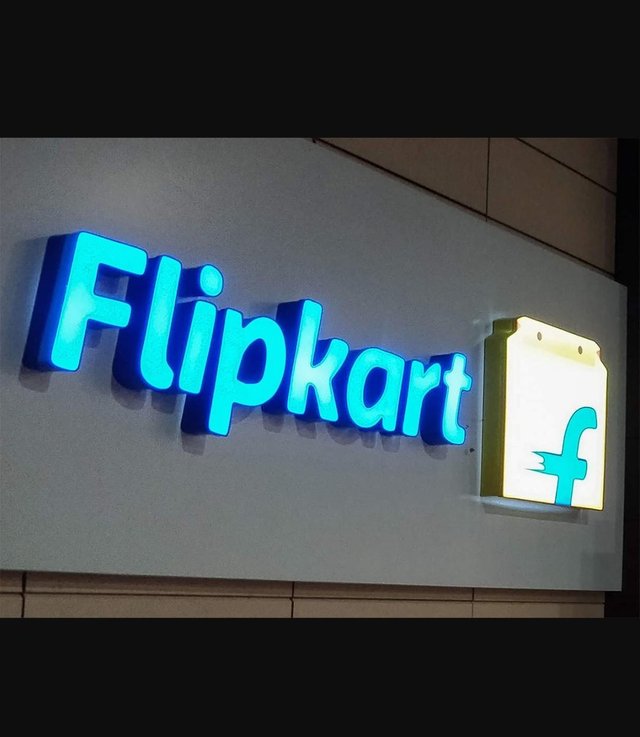Flipkart’s private brands include MarQ, Perfect Homes, Billion and SmartBuy, which contribute about 8% to the company’s overall sales.
Walmart-owned Flipkart has moved a substantial proportion of its manufacturing and sourcing for in-house brands from China and Malaysia to India over the past year, helping to cut costs and comply with the government’s Make in India initiative. That’s helped Flipkart reduce prices of private label products sold across 300 categories on its platform.
“About two years back, almost 100% of our electronics came from China,” said Adarsh Menon, head of private label business at Flipkart. “Today, that number would be less than 50%. When we launched our furniture brand, the entire range was sourced from Malaysia--now that’s down to l ess than 50%.”
ess than 50%.”
Flipkart’s private brands include MarQ, Perfect Homes, Billion and SmartBuy, which contribute about 8% to the company’s overall sales, sources said. According to Menon, much of the electronics and consumer durables, textiles, most high-end Android TVs, air conditioners, washing machines and smaller appliances are now being sourced from India. As much as 50-60% accessories also get sourced from India.
This comes as the Indian government has been able to convince global electronics manufacturers to set up shop in the country. Through higher import tariffs on smartphones and other high-value electronics, India has been able to get tech giants such as Apple to locally manufacture its iPhones here with partners such as Foxconn and Wistron.
Amazon also said that most of its manufacturing for private labels is based in India. The Seattle-headquartered company owns private brands across multiple categories including ACs, mobile phone accessories, daily essentials, home and kitchen products, food products and baby care among others. However, Amazon declined to share details on the company’s manufacturing capabilities in India.
Flipkart’s Menon said that of the 150 factories it works with, about 100 are in India. It didn’t give details of the split in terms of value of goods manufactured in India versus China and Malaysia.
Small Sellers Protest
Over the past two years, Flipkart and Amazon have faced opposition from smaller sellers over launching their private labels. The vendors say this has forced them to lower prices to stay competitive.
While changes the government introduced in the foreign direct investment (FDI) guidelines for ecommerce marketplaces in December last year disallowed these players from building private labels, a clarification a few weeks later said that this would be allowed. Experts at the time had said that the government would not look to deter these firms from manufacturing locally, because it would be in conflict with other FDI norms.
Both Amazon and Flipkart have argued otherwise, saying they only launch private labels when they see a gap in the market for products either on the price or quality fronts.
“A common factor in every product we sell is that it is addressing a gap in the platform today and hence growing the overall platform,” Menon said. “At the end of the day, it’s the customer who chooses.”
Many of Walmart’s private labels also get sourced from India, which helps manufacturing partners, Flipkart said.
“With our private brands business, we are leveraging our scale and global know how thorough partnership with Walmart, to empower domestic manufacturers and producers, particularly MSMEs (Micro, small and medium enterprises) with new opportunities for growth and innovation,” said Rajneesh Kumar, senior vice president and head of policy at Flipkart.
Hi! I am a robot. I just upvoted you! I found similar content that readers might be interested in:
https://tech.economictimes.indiatimes.com/news/internet/flipkart-moves-major-manufacturing-and-sourcing-to-india-from-china-and-malaysia/69716227
Downvoting a post can decrease pending rewards and make it less visible. Common reasons:
Submit